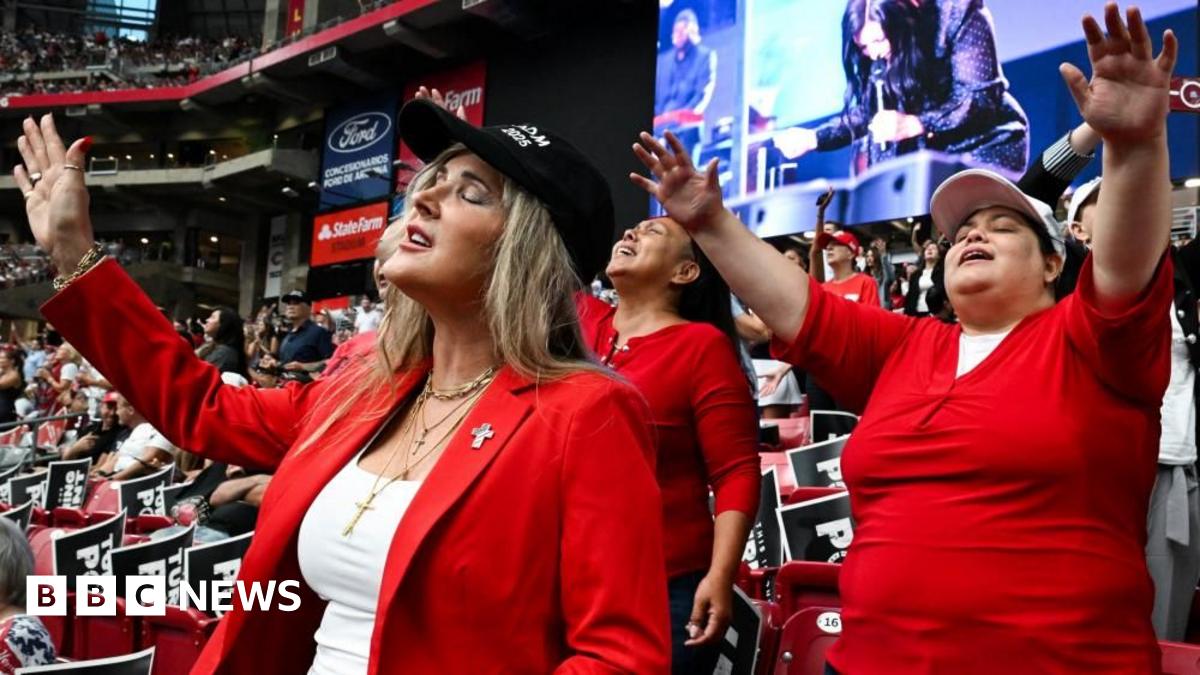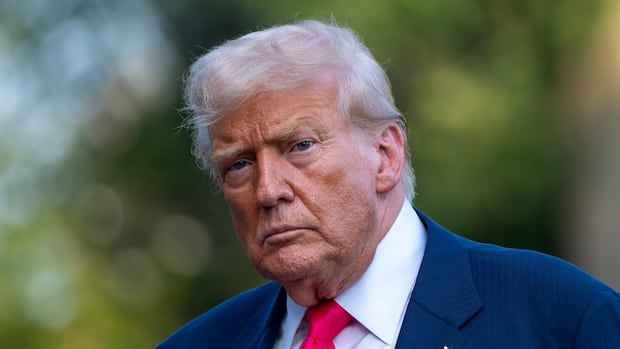Former FBI Director James Comey Indicted: What It Means
Former FBI Director James Comey has been indicted on charges of making false statements and obstruction of a congressional proceeding. This marks a significant development in the ongoing saga surrounding the investigation into Russian interference in the 2016 election, a frequent point of contention for former President Donald Trump.
The Charges Against Comey
The indictment centers on Comey's testimony before the Senate Judiciary Committee on September 30, 2020. He is accused of lying about whether he authorized the leak of classified information to the media, specifically regarding the FBI's investigations into Hillary Clinton's emails and potential links between the Trump campaign and Russia. The Justice Department sought to indict Comey on three counts, but the grand jury only approved the false statements and obstruction charges.
Specifically, the indictment alleges that Comey falsely stated that he had never "authorized someone else at the FBI to be an anonymous source in news reports" concerning his conversations with Trump over the Russia investigation. This statement is in conflict with statements from former FBI Deputy Director Andrew McCabe. The charges carry a potential sentence of up to five years in prison if Comey is convicted.
Comey's Response and Trump's Reaction
Comey has declared his innocence and expressed "great confidence in the federal judicial system," stating, "Let's have a trial and keep the faith." He also released a video on Instagram saying he and his family have “known for years that there are costs to standing up to Donald Trump."
Trump celebrated the indictment on Truth Social, calling Comey "one of the worst human beings this Country has ever been exposed to." Attorney General Pam Bondi stated, "No one is above the law," describing the indictment as proof of the Justice Department's "commitment to holding those who abuse positions of power accountable."
Legal and Political Context
The indictment has raised concerns about potential political interference in the Justice Department. Critics argue that Trump is using the legal system to target his political enemies, noting the pressure he placed on Bondi to bring charges against Comey and the appointment of Lindsey Halligan, a former Trump lawyer with no prosecutorial experience, as interim U.S. attorney for the Eastern District of Virginia.
The case is occurring in the Eastern District of Virginia, which was thrown into turmoil following the resignation of chief prosecutor Erik Siebert, who resisted pressure to bring charges against New York Attorney General Letitia James. Halligan, despite memos from career prosecutors detailing their reservations, moved forward with presenting the case to a grand jury.
What Happens Next?
Comey's arraignment is scheduled for October 9th in Virginia. His attorney, Patrick J. Fitzgerald, has stated that Comey denies the charges and looks forward to vindicating him in the courtroom. A conviction would require a jury to find that Comey knowingly lied with intent to deceive, which can be challenging to prove. The legal battle is expected to be closely watched for its implications on the independence of the Justice Department and the legacy of the Russia investigation.
| Key Figure | Role/Position | Significance |
|---|---|---|
| James Comey | Former FBI Director | Indicted on charges of making false statements and obstruction. |
| Donald Trump | Former President of the United States | Publicly pressured the Justice Department to prosecute Comey. |
| Pam Bondi | Attorney General | Expressed commitment to holding those who abuse power accountable. |
| Lindsey Halligan | Interim U.S. Attorney for the Eastern District of Virginia | Brought charges against Comey despite concerns from career prosecutors. |
| Erik Siebert | Former U.S. Attorney for the Eastern District of Virginia | Resigned under pressure to bring charges against Letitia James. |
 Visit the website
Visit the website



